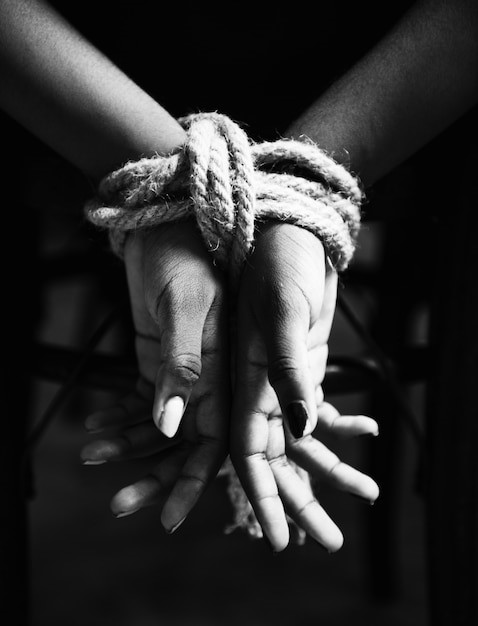Sexual exploitation and trafficking are grave human rights violations that affect millions of people worldwide, including men, women, and children. It is essential to understand the nature of sexual exploitation and trafficking, as well as the steps we can take to prevent it. By raising awareness, promoting education, and supporting initiatives aimed at combating these issues, we can work towards a world free from sexual exploitation and trafficking. Here is a comprehensive guide to understanding and preventing sexual exploitation and trafficking:
Understanding Sexual Exploitation and Trafficking:
Sexual exploitation refers to any situation in which individuals are forced or coerced into engaging in sexual activities against their will. This can include prostitution, pornography, forced marriage, or other forms of sexual slavery. Sexual exploitation often occurs through trafficking, which involves the recruitment, transportation, or harboring of individuals by means of force, fraud, or coercion for the purpose of sexual exploitation.
Preventing Sexual Exploitation and Trafficking:
- Raise Awareness: Raising awareness is the first step in preventing sexual exploitation and trafficking. Communities, governments, and organizations should work together to educate people about the signs, risks, and consequences of sexual exploitation and trafficking. This includes providing information about the tactics used by traffickers, the vulnerabilities that make individuals more susceptible, and the resources available for support.
- Promote Education: Comprehensive education is crucial in preventing sexual exploitation and trafficking. This should include age-appropriate and gender-sensitive programs in schools and communities. Education should focus on promoting healthy relationships, consent, digital safety, and the dangers of online exploitation. By empowering individuals with knowledge and skills, we can reduce their vulnerability to exploitation.
- Support Vulnerable Populations: Certain populations, such as children, migrants, and individuals experiencing poverty or social marginalization, are more susceptible to sexual exploitation and trafficking. It is important to provide support services, including shelter, counseling, healthcare, and legal aid, to these vulnerable groups. By addressing the root causes of vulnerability, such as poverty and lack of access to education, we can reduce the risk of exploitation.
- Strengthen Legal Frameworks: Countries must have robust legal frameworks to address sexual exploitation and trafficking effectively. Legislation should criminalize all forms of exploitation and trafficking and provide protection for survivors. Law enforcement agencies should be trained to identify and investigate cases of exploitation and trafficking, and adequate resources should be allocated to combat these crimes.
- Collaborate with International Organizations: International collaboration is crucial in addressing the global nature of sexual exploitation and trafficking. Governments, NGOs, and international organizations should work together to share information, best practices, and resources. Cooperation should include efforts to prevent cross-border trafficking, rescue victims, and prosecute traffickers.
- Support Survivor Rehabilitation and Reintegration: Survivors of sexual exploitation and trafficking require comprehensive support to rebuild their lives. Rehabilitation and reintegration programs should focus on providing psychological counseling, healthcare, education, vocational training, and economic empowerment opportunities. By supporting survivors, we can help them regain control over their lives and reduce the risk of re-exploitation.
- Combat Demand: Addressing the demand for sexual exploitation is critical. Governments, organizations, and society as a whole must work to change cultural attitudes, challenge harmful gender norms, and promote healthy and respectful relationships. Public awareness campaigns and educational initiatives should emphasize the importance of consent, respect, and the recognition of the inherent dignity of all individuals.
Remember, preventing sexual exploitation and trafficking requires a collective effort. By understanding the nature of these crimes, promoting education, supporting vulnerable populations, strengthening legal frameworks, collaborating internationally, supporting survivors, and combating demand, we can create a society that is safe and free from sexual exploitation and trafficking. Together, we can make a difference.










